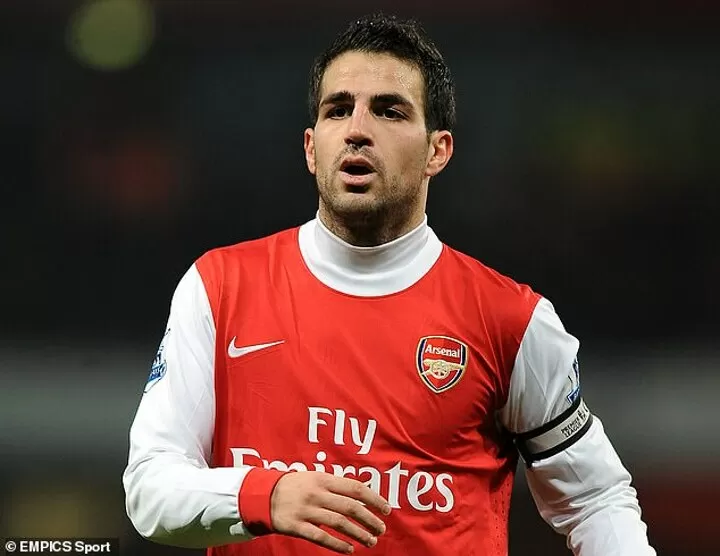
Man Utd v Arsenal Match Report: Mata and Giroud score in Old Trafford draw | Football | Sport | Express.co.uk

Wenger was URGED to bring Mata to Arsenal to replace Fabregas by his head scout - Ghana Latest Football News, Live Scores, Results - GHANAsoccernet

Arsenal to stage transfer swoop for Man Utd star Juan Mata with boss Unai Emery a big fan | Football | Sport | Express.co.uk

Chelsea 2-1 Arsenal: Juan Mata and Frank Lampard fire Blues to victory as they survive late Gunners onslaught - Mirror Online

Capital One Cup: Chelsea's Juan Mata happy for Cesar Azpilicueta after win at Arsenal | Football News | Sky Sports

Tomas Rosicky (Arsenal) Juan Mata (Man Utd) For sale as Framed Prints, Photos, Wall Art and Photo Gifts
Arsenal line up Juan Mata move as Spaniard falls down Chelsea pecking order following Willian signing - Irish Mirror Online

Manchester United vs Arsenal: Juan Mata feels 'important' Santi Cazorla deserves more recognition in Spain | London Evening Standard | Evening Standard

Odds slashed on Juan Mata and Aaron Ramsey swap deal between Man Utd and Arsenal - Manchester Evening News





/cdn.vox-cdn.com/photo_images/3658542/120985352.jpg)




/origin-imgresizer.eurosport.com/2020/03/12/2793793-57659870-2560-1440.jpg)

